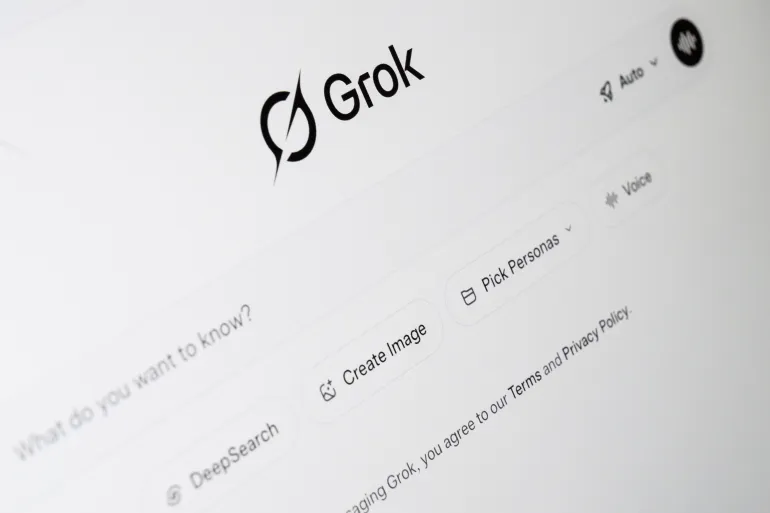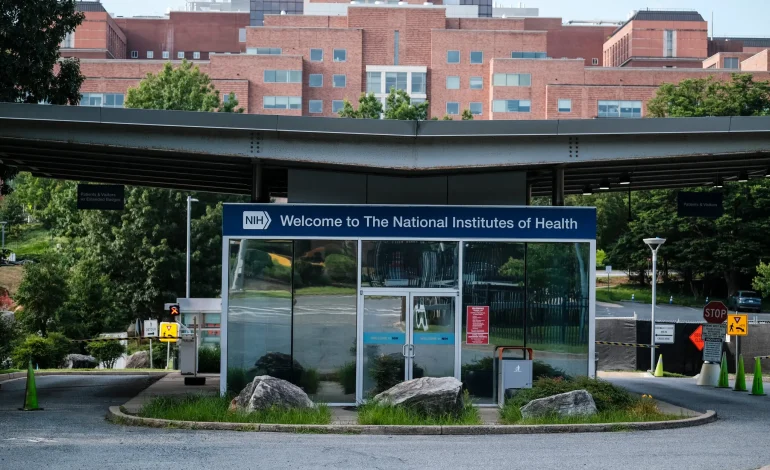Two former NIH institute heads say the Trump administration’s “hostility” toward vaccines didn’t stop at campaign rallies—it seeped into the agency’s top floors.
In complaints filed late Wednesday, Dr. Jeanne Marrazzo (former director of NIAID) and Dr. Kathleen Neuzil (former head of the Fogarty International Center) allege they were pushed out after resisting moves to undermine vaccines, defy court orders, freeze research dollars, and inject politics into NIH’s grantmaking.
What they say happened:
- Senior leadership downplayed vaccines in internal meetings—even as a severe flu season killed dozens of children—while canceling vaccine studies and adding political reviews that screened out work conflicting with Health Secretary Robert F. Kennedy Jr.’s views, the complaints say.
- NIH leaders allegedly ignored court directives to release grant funds and pursued White House demands to cut off money to South Africa, disrupting US-backed vaccine and treatment research.
- The administration fired 1,000+ NIH staff, quashed hundreds of grants, and slowed the agency’s funding pipeline—actions the scientists say endangered clinical-trial participants and wasted taxpayer money.
- Meanwhile, a $500 million award for a “universal vaccine” project—using technology many researchers consider outdated—was steered through without standard peer review, the complaints claim. One of the chief recipients: Dr. Matthew Memoli, a flu specialist whom the administration elevated to acting NIH director in January and who is now the agency’s No. 2.
The complaints center on Dr. Memoli, who has publicly clashed with vaccine mandates. Marrazzo and Neuzil say he repeatedly questioned vaccine value, asserting in high-level meetings that “healthy populations” matter more than shots. When transplant surgeons required Covid vaccination for a child awaiting a heart transplant, he allegedly pressed NIH to challenge the practice.
Both scientists say they were demoted or sidelined after speaking up—placed on involuntary leave and told to expect far-flung reassignments. Neuzil has since resigned; Marrazzo remains on leave.
Health Department spokesman Andrew Nixon says Memoli simply argues that each vaccine must be judged on its merits, calling accusations about personal gain and anti-science motives “false and misleading.” On foreign funding, he says NIH is prioritizing “rigorous, credible science.”
NIH is the world’s biggest funder of biomedical research. The whistleblowers warn that politicized grantmaking and vaccine skepticism at the top risk slowing future inoculations and leaving Americans more vulnerable to outbreaks:
“If we don’t keep doing the science, we won’t have the advances,” Neuzil said.
As legal battles and investigations spool up, the core question is stark: did politics—not peer review—set the agenda for America’s premier medical research agency?
The New York Times and the Washington Post contributed to this report.










The latest news in your social feeds
Subscribe to our social media platforms to stay tuned